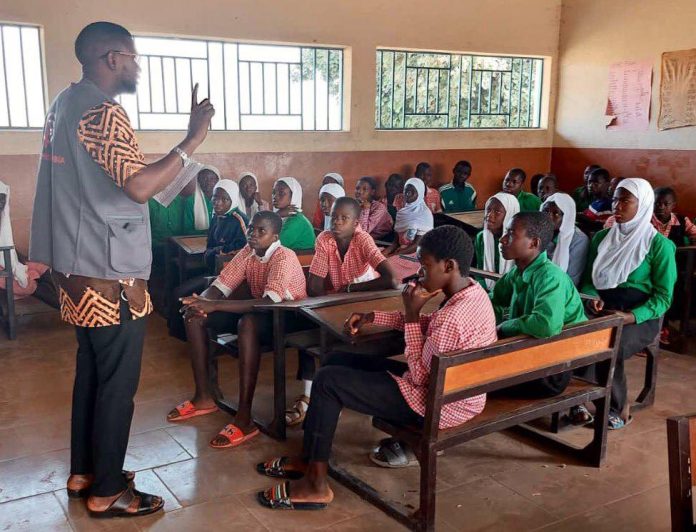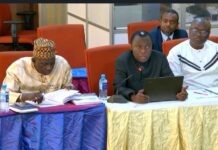By: Alieu Ceesay
Teachers in The Gambia’s Second Chance Education Program face severe financial strain due to two months of unpaid salaries. Many of them have been forced to endure harsh conditions as they continue to teach students, striving for better results that could grant them entrance into colleges and universities.
The economic impact has significantly affected these teachers, causing them considerable concern. Ousman Jallow, a teacher involved in the program, voiced his frustration during an interview with TAT.
“We pay fare every day to work (teaching). Some of us haven’t visited our family homes because of this commitment,” he shared, highlighting the financial burden caused by the delayed payments.
The initiative, funded by the World Bank, has been specifically designed to support students who have struggled academically in the West African Senior School Certificate Examination (WASSCE).
It aims to provide a second chance by preparing these students to sit for private exams that could improve their scores and give them access to higher education. Despite these efforts, the lack of payment has caused frustration and demoralization among teachers.
“We are doing our best to help these students. Every day, we are in class on teaching days, so why have we not been paid for two months, and why has there been no communication from the ministry about our payment?” Jallow asked.
It’s puzzling that teachers remain unpaid while students in the program are given a monthly stipend for transportation. This lack of payment has had repercussions, such as impacting student attendance, with some students finding it difficult to attend classes due to financial constraints.
“Teaching for two months without pay is very frustrating and disheartening. This is one of the main reasons teachers leave the profession for other sectors,” Jallow said. He criticized the “laissez-faire” attitude of the Ministry of Basic and Secondary Education (MoBSE) leadership, calling their inaction “unpleasant.”
Efforts to contact the Permanent Secretary of the Ministry of Basic and Secondary Education for comment were unsuccessful.
The Third Phase of the Second Chance Program was launched a few months ago. Still, for teachers like Jallow, their financial difficulties make it increasingly complex to focus on their vital work of helping students succeed.






